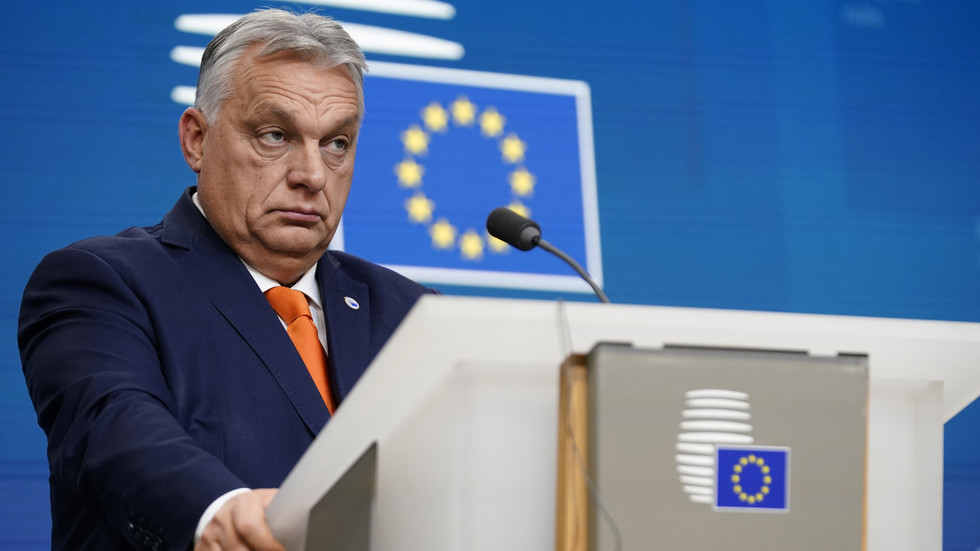Prez
Emmanuel Macron
threw French politics into disarray Sunday when he unexpectedly called for snap elections. The surprise move came after his party was battered by the far right in European Parliament elections. Macron dissolved the lower house of France's Parliament and said the first round of
legislative elections
would be held on June 30.
What happened?
France's far-right, anti-immigrant
National Rally party
, led by Marine Le Pen and her protege, Jordan Bardella, surged to first place in elections for European Parliament with 31.4% of the vote.
The centrist coalition led by Macron's Renaissance party came in a distant second with 14.6%. Macron acknowledged the crushing defeat. "France needs a clear majority to move forward with serenity and harmony," he said, explaining why he had decided to call for legislative elections. That involved taking the rare move of dissolving the 577-seat National Assembly, a presidential prerogative. Macron is the first prez to do so since 1997.
Why did he do it?
When Macron was elected to a second term in 2022, his party failed to win an outright majority. The centrist coalition he formed has since governed with a slim majority. Macron was under no obligation to dissolve parliament, even if the European vote left him a reduced figure with three years left in his presidential term.
Analysts are still debating his motivations, although many suspect that he believed a dissolution had become inevitable: Conservative lawmakers were threatening to topple his govt. Jolting the country with a sudden election could be a way for Macron to prevent his opposition from organising - and to present voters with a stark choice between him or the far right.
The move is seen as a gamble: If the National Rally repeats its performance in national elections, France could become nearly ungovernable, with Macron confronting a parliament hostile to his policies.
What's at stake?
The presidency is France's most powerful political office, with broad abilities to govern by decree. But the approval of parliament, and especially the National Assembly, is required on most big domestic policy changes and key pieces of legislation, like spending bills or amendments to the constitution. Unlike the Senate, the directly-elected National Assembly can topple a French cabinet with a no-trust vote. It also has more leeway to legislate and challenge the executive, and typically gets the final word if the two houses disagree on a bill.
Macron's party and its centrist allies hold 250 seats in the National Assembly, short of the 289 required for an absolute majority. The National Rally party holds 88 seats, while the mainstream conservative Republicans have 61. A tenuous alliance of far-left, Socialist and Green lawmakers holds 149 seats. The remainder are held by smaller groups or independents.
How will the vote work?
The elections for the 577 seats will be held in two rounds - the first on June 30 and the second on July 7. While in most cases the runoff will feature the top two vote-getters, on rare occasions it might feature three or even four candidates. Whoever gets the most votes wins .
What happens next?
Despite its triumph in the European elections, it is unclear whether the National Rally can capture a significantly larger number of seats in the lower house. If Macron is unable to muster a strong parliamentary majority, he could find himself in a rare "cohabitation" scenario - where the presidency and National Assembly are on opposing political sides. In that scenario, Macron would be compelled to choose a PM of a different political party - which could potentially block much of his domestic agenda. Foreign policy, a presidential prerogative, would theoretically remain mostly untouched.

 6 months ago
31
6 months ago
31









